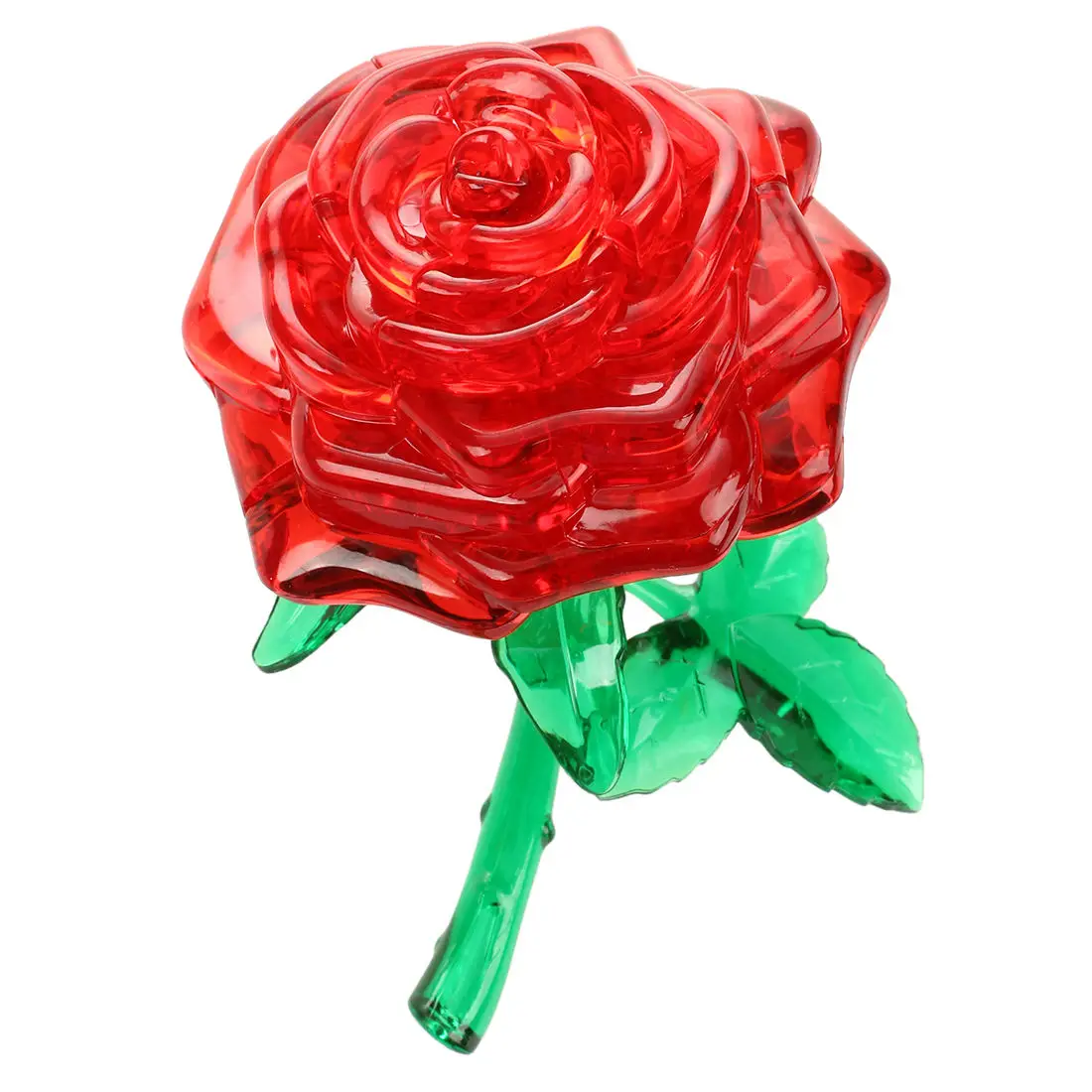

Unfortunately, you cannot use one universal puzzle cutter template. This creates a solid body that is subtracted from the source model we are cutting.

The cutter is made up of curved lines that are extruded to the third dimension. To do this, we use a puzzle-shaped cutter model. The rectangular or square base model needs to be divided into individual puzzle pieces. You will need them more than once during the course of this project. This unlocks the aspect ratio.įocus on the size of the model at the bottom right corner. To change only the Z-axis dimension, click the lock icon next to the Scale factors symbol. Once you are satisfied with the model dimensions in the X and Y axes, you can enlarge the model by 5 to 30% in the Z-axis. If necessary, you can change the model’s dimensions using isotropic scaling (evenly resizing all three axes). Use the Place on face function for easy orientation of the model. Ideally, you should place the model in the center of the print area. Import the selected source model into Slic3r PE (File -> Import -> Import STL / OBJ /… or simply drag and drop the STL file into the slicer window). Open Slic3r PE and turn on the Advanced mode (Configuration -> Mode -> Advanced). You can see examples of puzzle models at the end of the article.
PLASTIC3D ROSE PUZZLE HOW TO
How to turn a picture or a photo into a 3D model? Convert a suitable image to a 3D model using the Selva tool.Any black and white SVG image converted to a 3D model in the Tinkercad web tool.Use the slider on the right side of the screen to set the layer, where you want to change the color. You can easily do that in Slic3r PE in preview mode after slicing. TIP: You can improve the model using filament color change for snowy mountain peaks, etc. 3D terrain map obtained as described in the article: How to print maps, terrains and landscapes on a 3D printer.However, models that are already flat in shape are ideal. Select and prepare a suitable source modelĪlmost any 3D model is suitable as a source model for puzzles.

To create a puzzle model, follow these steps: 1. This is a great opportunity to discover a few of the new features in the beta version we’ve prepared for you. Most of the operations can be done in the Slic3r PE. You will not need any knowledge of modeling tools. But we will show you the easiest way that’s suitable for everyone. There are plenty of ways to accomplish this.

If you are an advanced user of one of the popular tools for 3D modeling (Fusion 360, Inventor, etc.), you can certainly perform this task easily. Preparing such a model can be difficult at first glance. And this applies to 3D puzzles even more!ģD puzzles are created by cutting a 3D model perpendicular to the XY plane (a plane parallel to the print pad) using a 2D sketch of the puzzles with locks. Solving puzzles is fun that improves imagination and logical thinking. Currently, puzzles are mostly made of hard paper and cardboard. These classic puzzles were created by painting the picture on a piece of wooden board and then cutting it into regular or irregular pieces. This article will be a guide on how to make something of your own again in the form of puzzles, 3D puzzles! Classic jigsaw puzzles have been known for centuries. The article was well-received, perhaps because we gave you an option to create and print a model of your city or a mountain pass model where you were on holidays. Today, we would like to highlight one of these projects! We have previously shown you how to prepare and print 3D maps and terrains from anywhere in the world. Thanks to the ingenuity and creativity of the community surrounding 3D printing, there are many interesting projects that use this technology for various purposes. 3D printing provides the opportunity to make things that are not easily produced by other technologies, and literally change our possibilities.


 0 kommentar(er)
0 kommentar(er)
